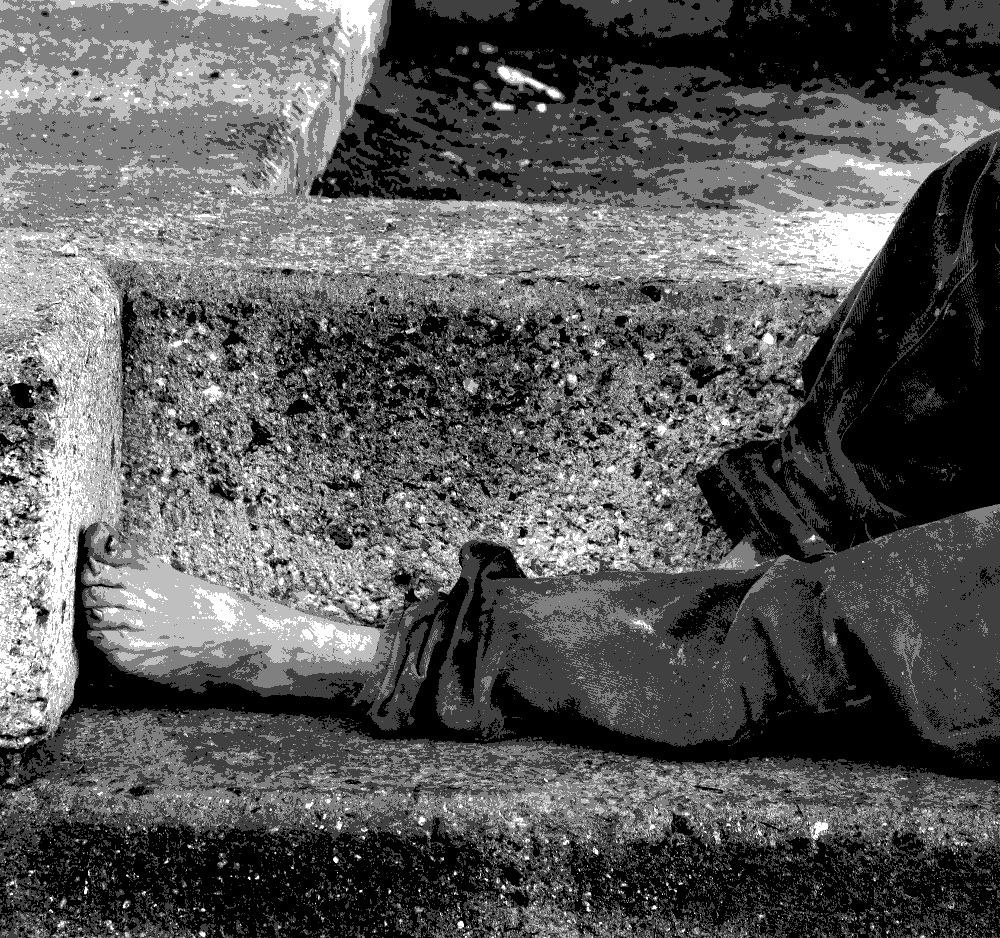Homeless help costs weighed
 Providing stable housing may prove less expensive than providing health and other services to homeless people, according to new research.
Providing stable housing may prove less expensive than providing health and other services to homeless people, according to new research.
Researchers collated data from the medical records of 2388 homeless people attending three mental health clinics in three inner Sydney homeless hostels between July 2008 and December 2016.
The patients were older (average, 42 years), most were men (93 per cent), and 56 per cent were receiving the Disability Support Pension.
Fifty-nine per cent of attenders had been homeless for more than one year, and 34 per cent of all attenders reported sleeping in the open.
The most common diagnoses were substance use disorder (66 per cent) and psychotic illness (51 per cent) — often together — and many had acquired brain injury (14 per cent) and intellectual disability (5 per cent). Early life and recent trauma was reported by 42 per cent of patients.
Pathways to homelessness included release from prison (28 per cent of the attenders), discharge from a psychiatric hospital (21 per cent), and inability to pay rent because of problem gambling.
The authors were surprised to find that 21 per cent reported the loss of public housing tenancy, which has been viewed as a solution to homelessness.
The data was used to argue for more emergency housing for the temporarily homeless, as well as a new model of supported units for the chronically homeless.
Short term homelessness could probably be reduced by improving the supply of accessible low cost housing, the authors noted, but the chronically homeless need continued treatment and support.
“The homeless generate health and other costs that exceed the cost of providing housing, and there is a growing body of evidence supporting a Housing First strategy for improving [the lives of people who are homeless] and reducing the overall costs to society of caring for homeless people with mental illness,” Dr Olav Nielssen and colleagues from Macquarie University wrote.
But, they emphasise, people with severe psychiatric disability who are chronically homeless require a comprehensive strategy that ensures continuity of psychiatric care, the treatment of comorbid substance use disorders, and varying levels of social support in order to improve this key indicator of the health of society.







 Print
Print